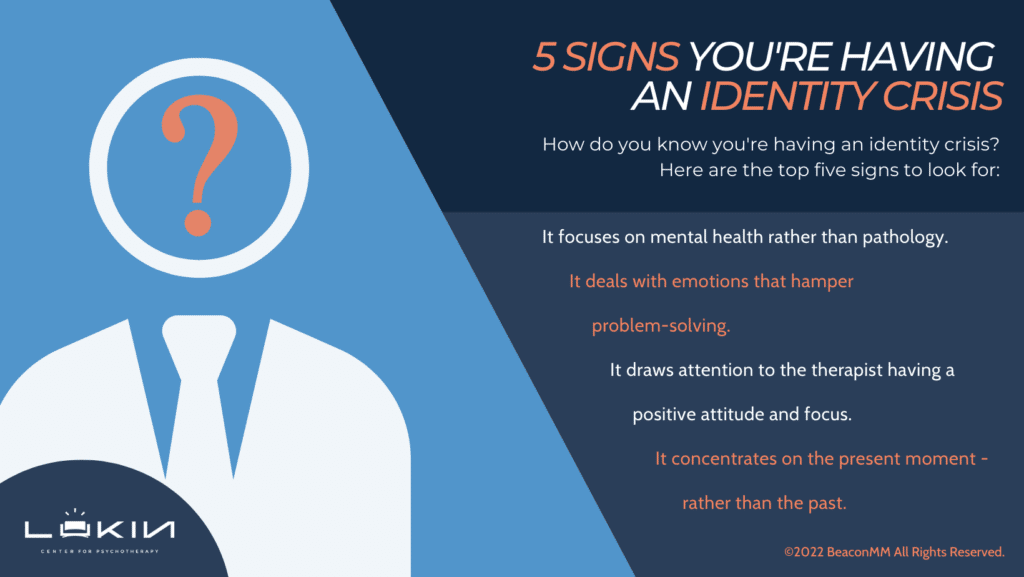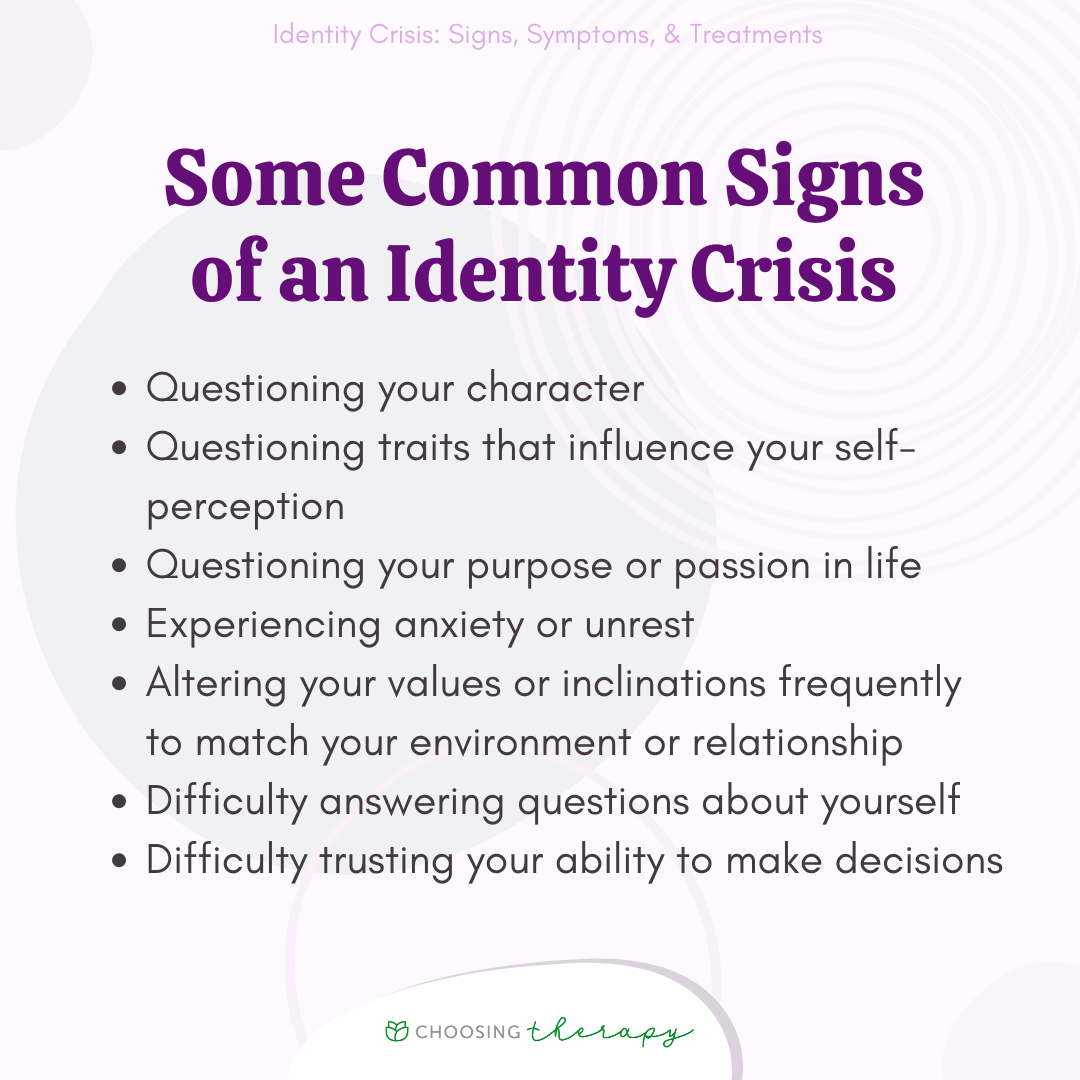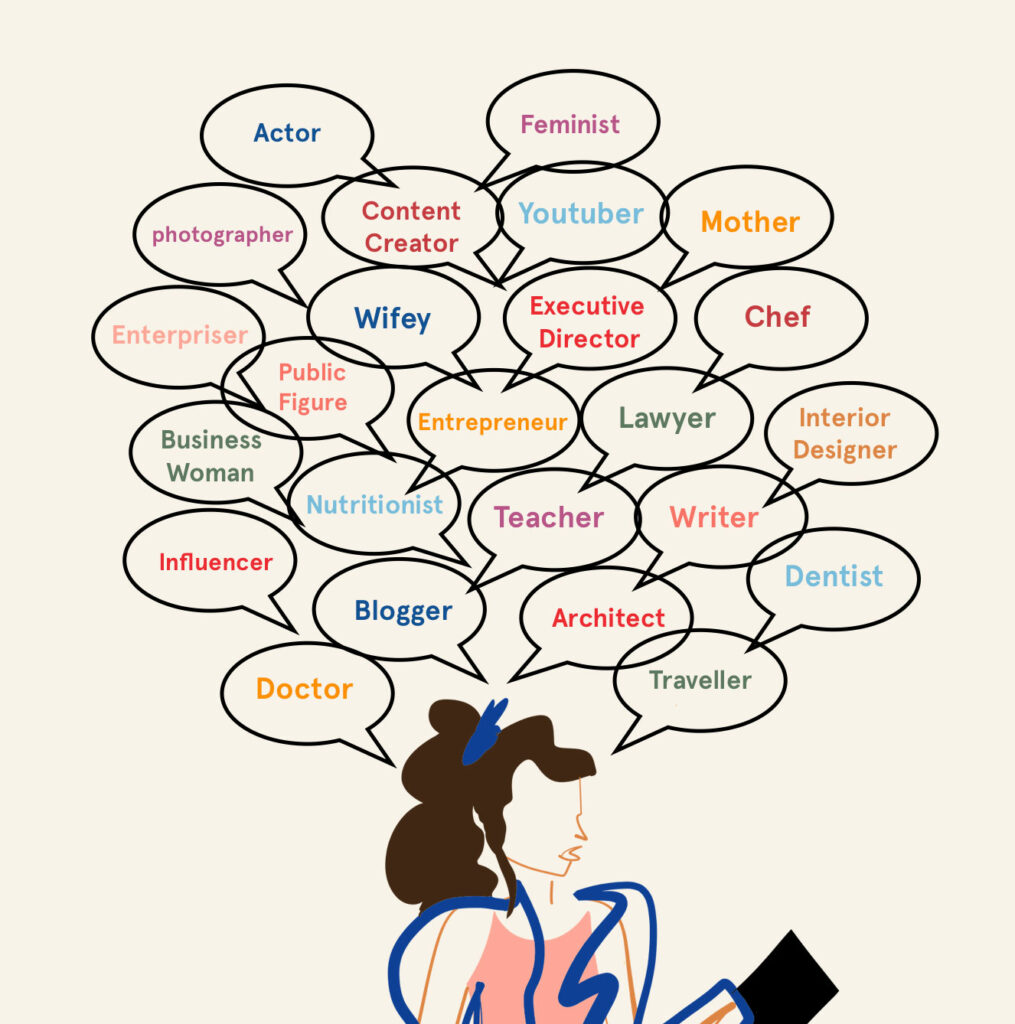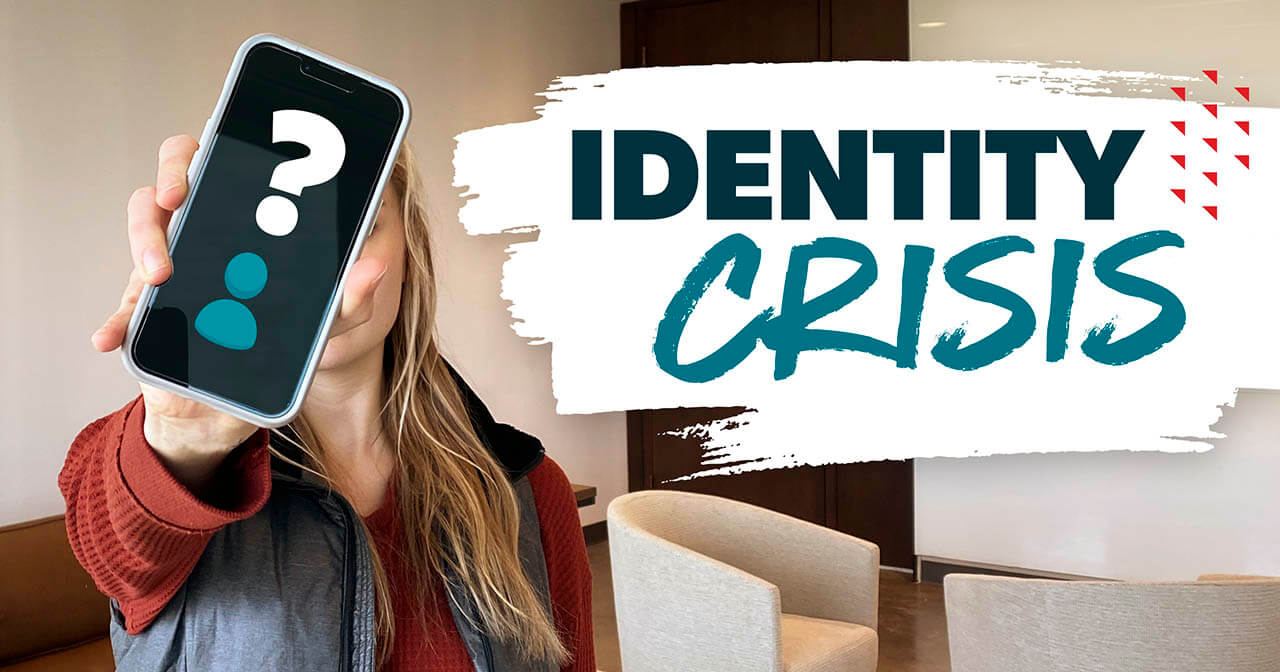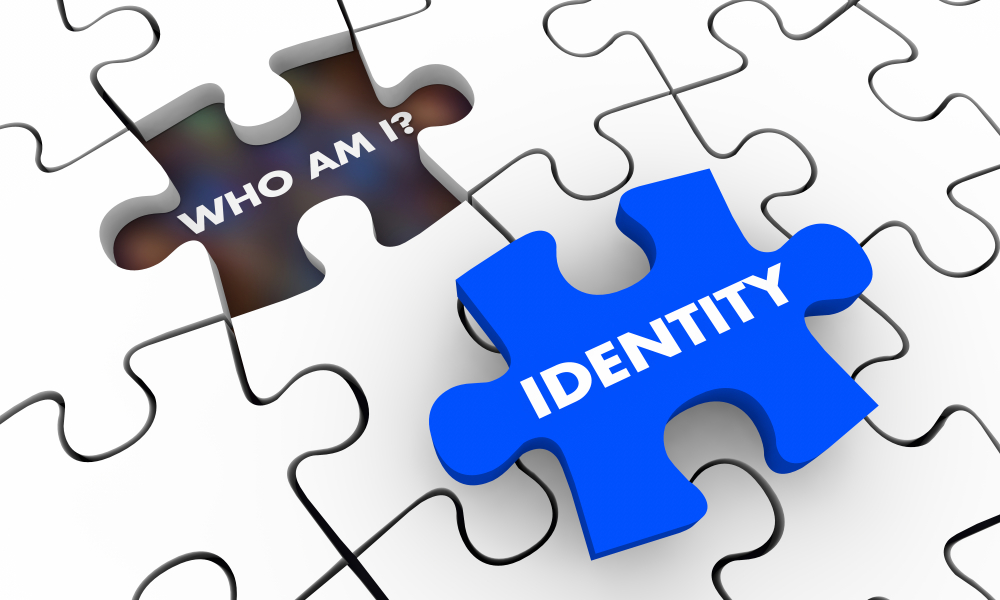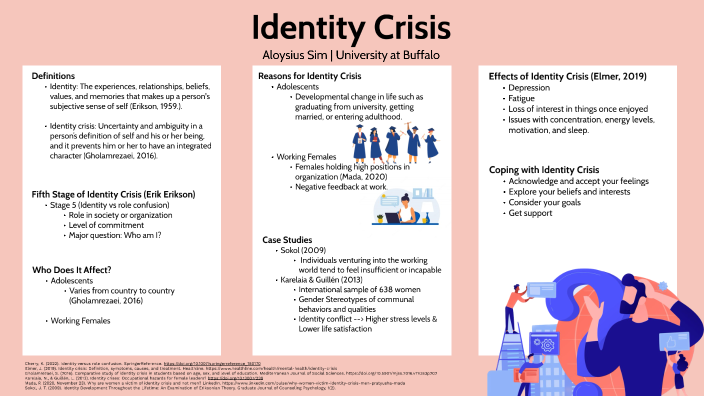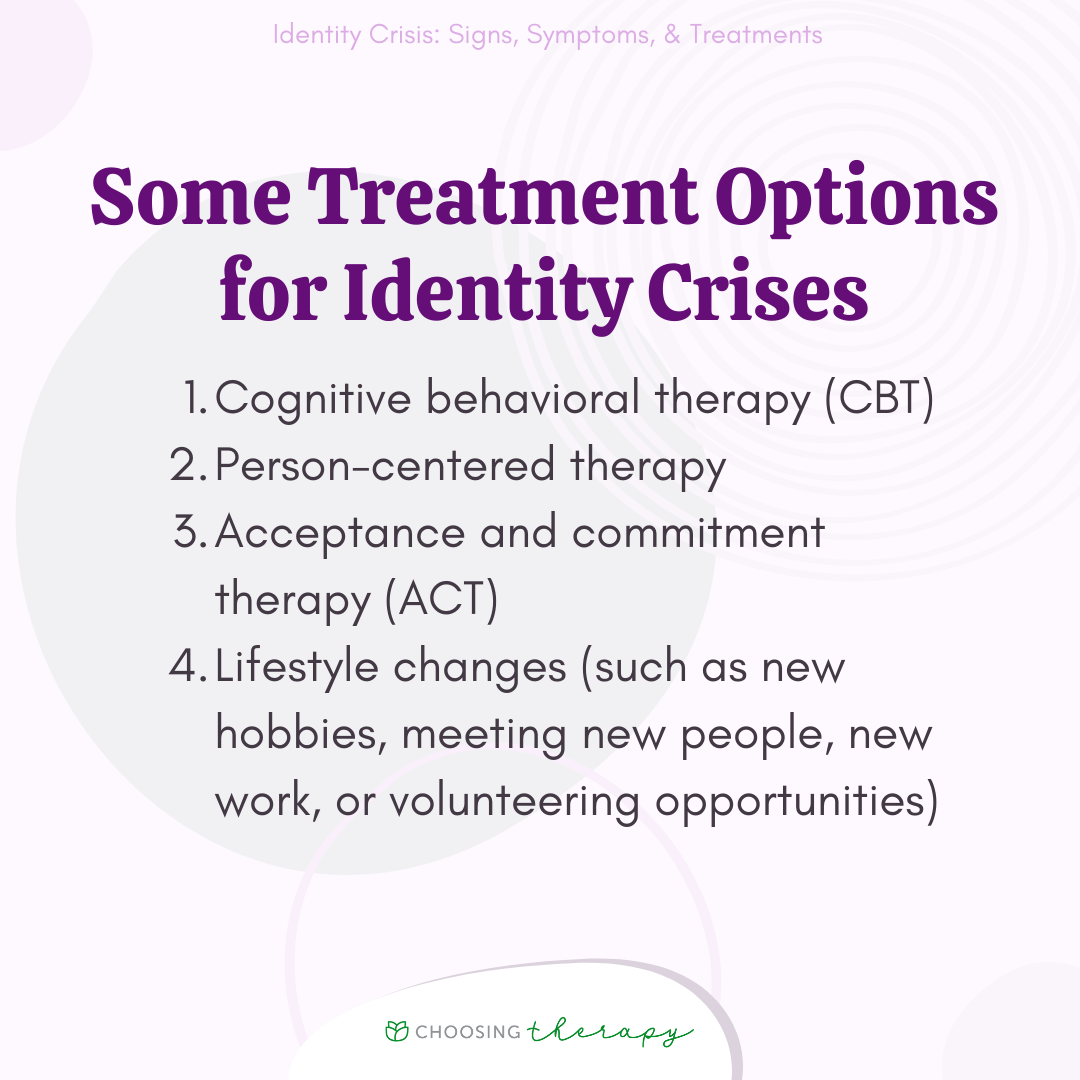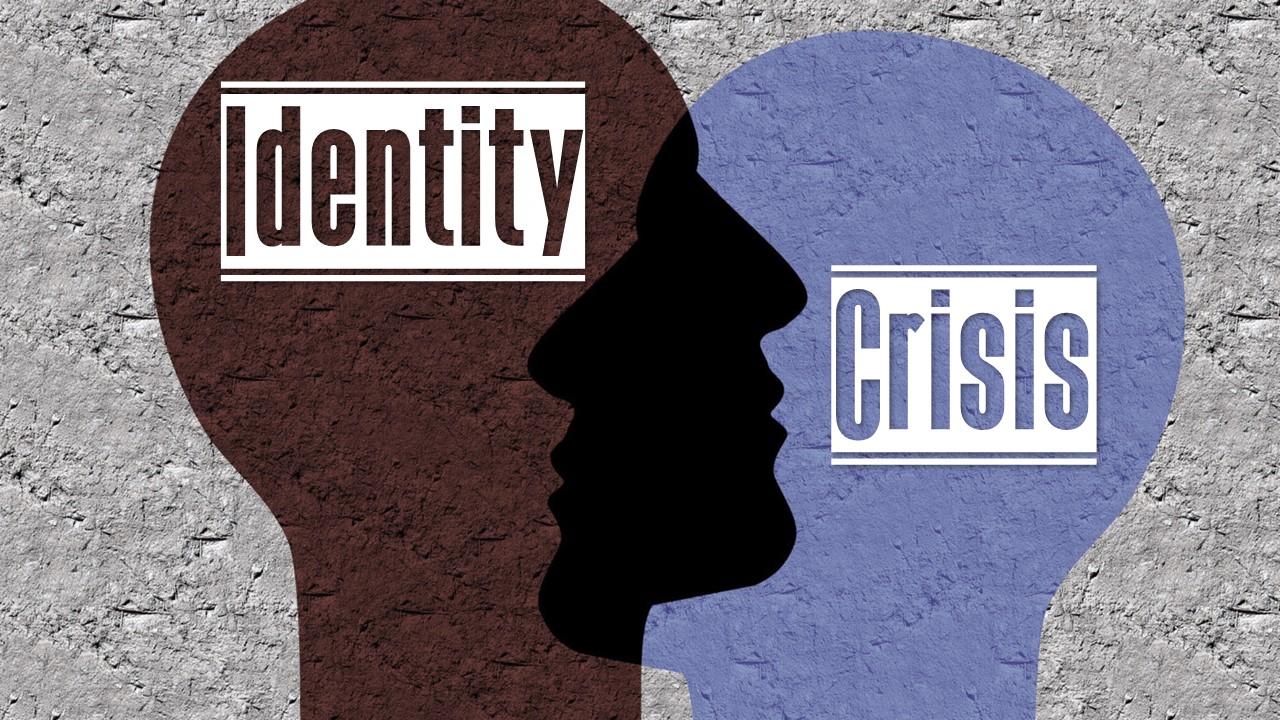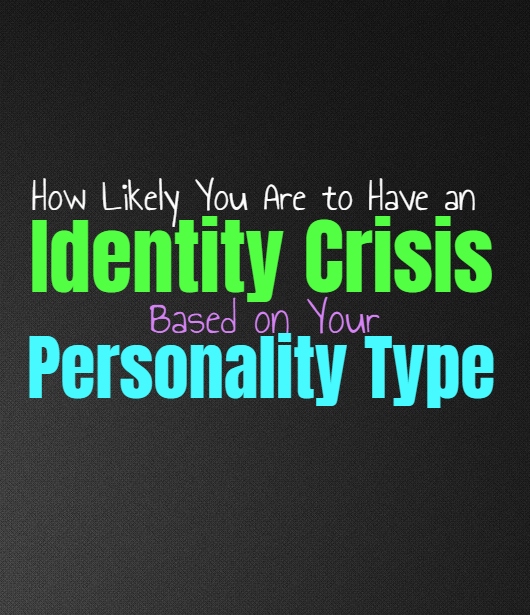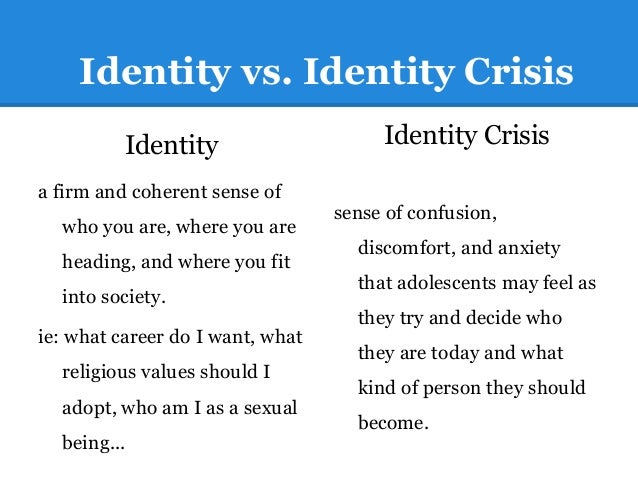What Does It Mean To Have An Identity Crisis

Are you questioning who you are? Feeling lost and adrift in your own life? You might be experiencing what's commonly known as an identity crisis.
An identity crisis isn't a formal diagnosis, but rather a term used to describe a period of intense self-doubt and uncertainty about one's place in the world, values, and future direction. It's a deeply unsettling experience, prompting individuals to reassess everything they thought they knew about themselves.
Understanding the Core of an Identity Crisis
At its heart, an identity crisis involves a significant disruption in one's sense of self. This disruption can stem from various factors, including major life transitions, trauma, societal pressures, or simply a growing awareness of internal conflicts.
The American Psychological Association defines identity as "the qualities, beliefs, personality, looks and/or expressions that make a person or group different from others." A crisis arises when these defining elements become unclear or feel inauthentic.
Erik Erikson, a renowned developmental psychologist, proposed that identity formation is a lifelong process, with key stages occurring during adolescence and young adulthood. An identity crisis, according to Erikson's theory, often emerges when individuals struggle to integrate different aspects of their self-perception into a cohesive whole.
Who is Affected and When Does it Happen?
While often associated with adolescence, identity crises can occur at any stage of life. A study published in the Journal of Adolescent Research found that while identity exploration is most intense during adolescence, significant identity shifts can also happen during midlife and even later in life.
Major life changes, such as career shifts, relationship breakdowns, or geographical moves, can trigger a reevaluation of one's identity, regardless of age. Trauma can also shatter a person's sense of self, leading to a profound identity crisis.
Individuals from marginalized communities may experience unique challenges related to identity formation due to societal biases and pressures. This can contribute to an intensified or prolonged identity crisis. According to a 2021 report by The Trevor Project, LGBTQ youth often face identity-related stress stemming from discrimination and lack of acceptance, increasing their vulnerability to mental health challenges.
What are the Signs and Symptoms?
The signs of an identity crisis are varied and can manifest differently in each individual. Common symptoms include feelings of confusion, anxiety, and isolation.
Other indicators include questioning long-held values and beliefs, withdrawing from relationships, experiencing a sudden loss of interest in hobbies and activities, and engaging in impulsive or risky behaviors. Some individuals might also exhibit a preoccupation with their appearance or social status, seeking external validation to compensate for internal insecurity.
Increased irritability, sleep disturbances, and changes in appetite are also possible emotional and physical responses to the stress of an identity crisis.
Navigating Through the Uncertainty
While an identity crisis can be a painful experience, it can also be an opportunity for growth and self-discovery. Seeking professional support from a therapist or counselor can provide guidance and tools for navigating this challenging period.
Therapy can help individuals explore their values, beliefs, and goals in a safe and supportive environment. Cognitive Behavioral Therapy (CBT) and other therapeutic approaches can help challenge negative thought patterns and develop coping mechanisms.
Engaging in self-reflection activities, such as journaling or meditation, can also promote self-awareness and help individuals connect with their inner selves. Furthermore, connecting with supportive friends, family members, or community groups can provide a sense of belonging and reduce feelings of isolation.
Ongoing Developments and Resources
Research into identity formation and related crises is ongoing, with psychologists and sociologists continually exploring the complexities of self-perception and identity development in a rapidly changing world. Resources such as the American Psychological Association and the National Alliance on Mental Illness offer valuable information and support for individuals experiencing identity-related challenges.
If you are struggling with an identity crisis, remember that you are not alone. Seek professional help and connect with supportive individuals who can help you navigate this challenging but ultimately transformative journey.

